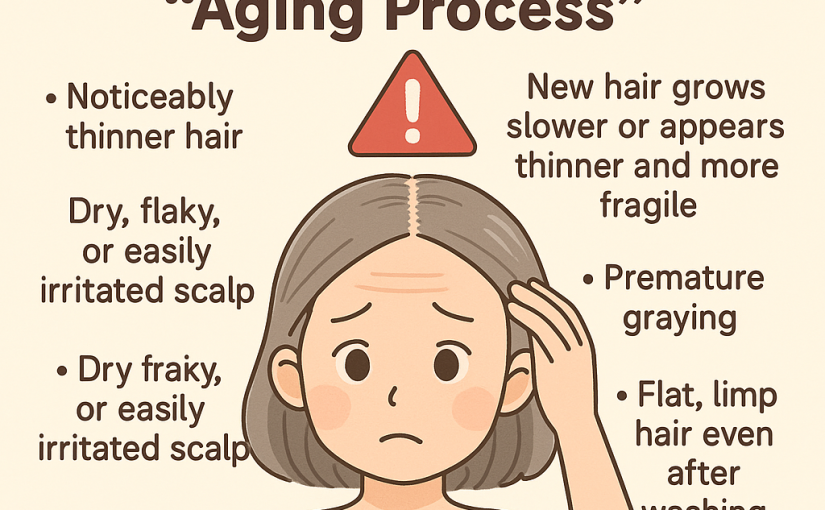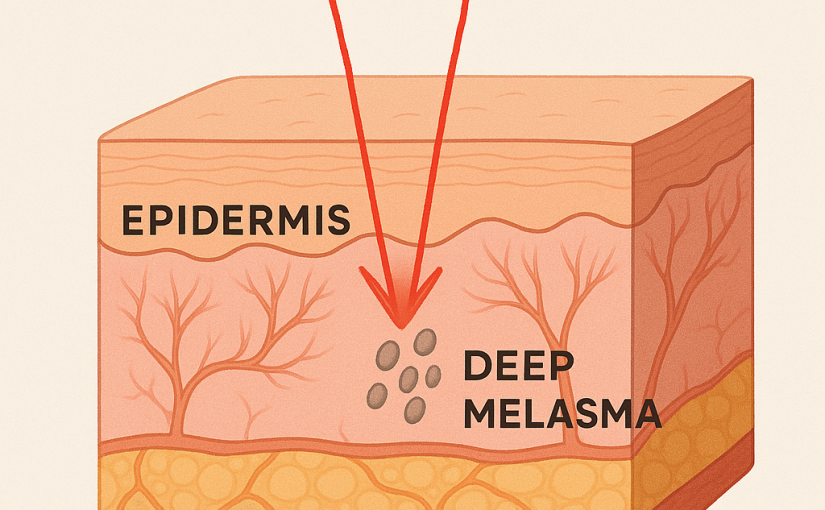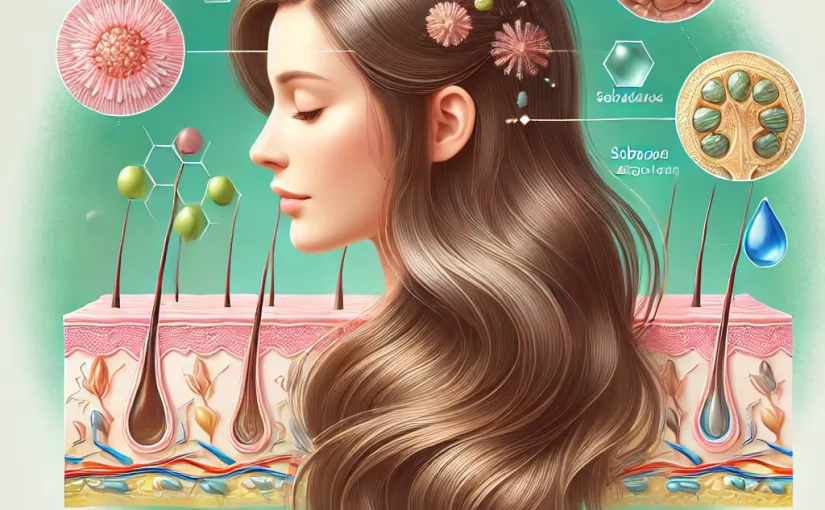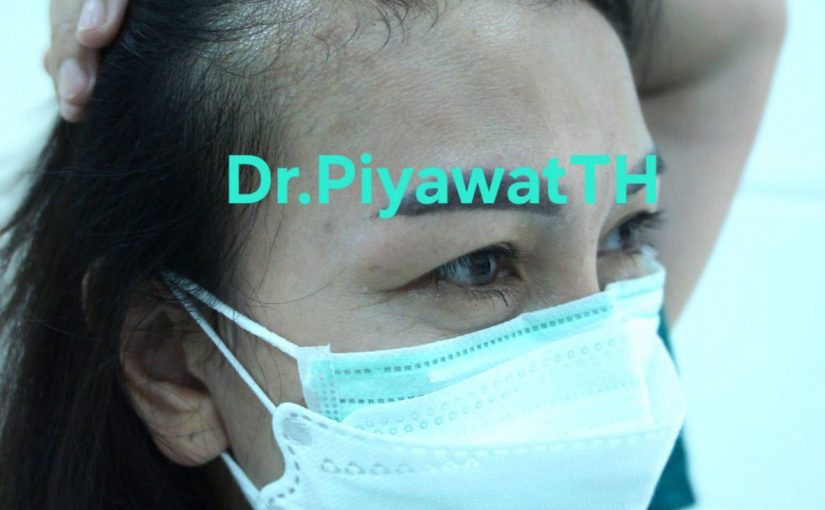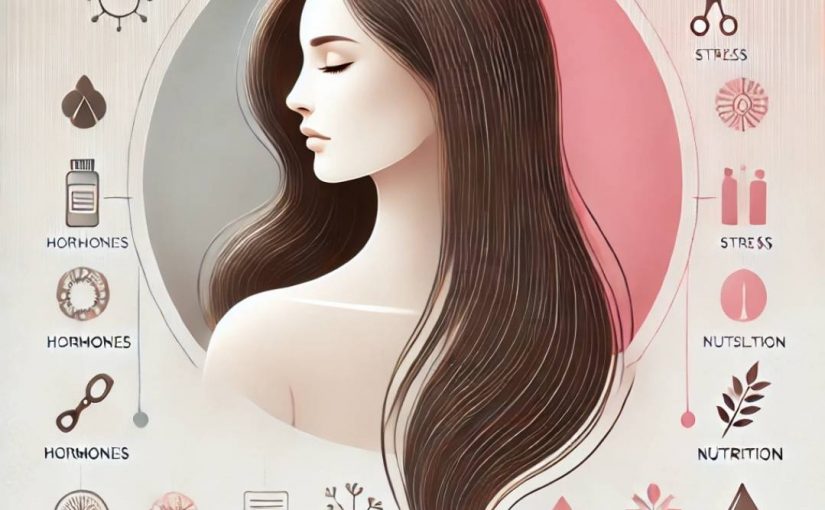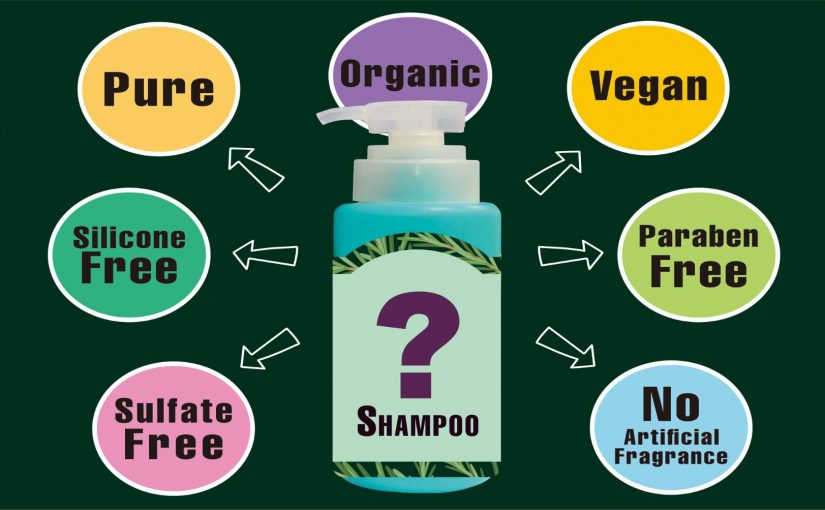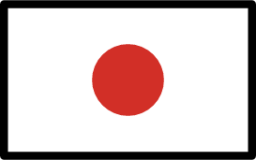
English: scroll down
บทความโดย นพ.ปิยะวัฒน์ ภูมิสุวรรณ
เราจะใช้ยาสระผมอะไรดี?
เนื่องจากหมอได้มีโอกาสดูแลคนไข้ที่มีปัญหาเส้นผมและหนังศีรษะจำนวนมาก คนไข้จะมีคำถามมากมายเกี่ยวกับวิธีการดูแลเส้นผมให้สะอาดและสวยงามอยู่เสมอ
คำถามที่ถูกถามบ่อยที่สุดคือ “ฉันจะใช้ยาสระผมอะไรดี”
ยาสระผมไม่เพียงแต่ช่วยทำความสะอาดผิวหนังหนังศีรษะและเส้นผมเป็นหน้าที่หลักเท่านั้น แต่ยังช่วยปรับสภาพและตกแต่งเส้นผมให้สวยงาม และยาสระผมบางชนิดยังทำหน้าที่เสริมในการรักษาความผิดปกติของหนังศีรษะต่างๆ ส่วนผสมต่างๆจึงถูกคัดสรรมาผสมลงในแชมพู เพื่อให้ได้แชมพูที่มีคุณสมบัติที่ต้องการ
ยาสระผมที่ดีควรมีคุณสมบัติอย่างไร
- ช่วยลดหรือบรรเทาอาการผมร่วง
- ช่วยลดการระคายเคืองที่หนังศีรษะ
- สามารถใช้ได้ในคนที่ทำสีผม
- ปราศจากสารที่อาจทำให้เกิดอันตรายในการใช้ระยะยาว
- สามารถใช้บ่อยได้ตามต้องการ
เรามีวิธีเลือกยาสระผมอย่างไรเพื่อให้ได้คุณสมบัติเหมือนที่กล่าวมา
- ยาสระผมออแกร์นิค(Organic Shampoo)
การเลือกใช้ยาสระผมออร์แกนิคจะช่วยลดความเสี่ยงในการสัมผัสกับสารเคมีปนเปื้อนที่อาจเป็นอันตราย สารเคมีเหล่านี้อาจส่งผลระยะยาวต่อเส้นผม ซึ่งอาจปรากฏในผมบาง แตกหัก หรือศีรษะล้าน
- แชมพูบริสุทธิ์(Pure Shampoo)
แชมพูบริสุทธิ์ทำจากส่วนผสมจากธรรมชาติและออร์แกนิค แตกต่างจากแชมพูทั่วไปซึ่งมักประกอบด้วยสารเคมีที่รุนแรง เช่น ซัลเฟตและพาราเบน Pure Shampoo ผลิตด้วยส่วนผสมจากพืชซึ่งอ่อนโยนต่อเส้นผมและหนังศีรษะ
- ยาสระผมปราศจากซัลเฟต(Sulfate-free shampoo)
สารซัลเฟตอาจรุนแรงมากเกินไปสำหรับหนังศีรษะของบางคน อาจทำให้เกิดการระคายเคืองและคัน แชมพูที่ปราศจากสารซัลเฟตมักอ่อนโยนกว่ายาสระผมทั่วไป
หากผมของคุณเพิ่งทำสี ทำเคมี หรือคุณมีหนังศีรษะที่บอบบาง แนะนำว่าคุณลองใช้แชมพูที่ปราศจากซัลเฟตเพื่อดูว่าสุขภาพผมของคุณดีขึ้นหรือไม่
- ยาสระผมปราศจากสารซิลิโคน (Silicone-free shampoo)
ซิลิโคนสามารถสะสมบนหนังศีรษะและอุดตันรูรากผม อาจทำให้เกิดอาการอักเสบและเป็นสะเก็ด ดังนั้นสูตรปราศจากซิลิโคนจึงสามารถช่วยให้สุขภาพหนังศีรษะโดยรวมดีขึ้นได้ หากคุณมีหนังศีรษะที่บอบบางหรือคัน คุณอาจพบว่าปัญหาบางอย่างดีขึ้นหลังจากใช้แชมพูที่ปราศจากซิลิโคน
- ยาสระผมปราศจากสารพาราเบน (Paraben-free shampoo)
พาราเบนนิยมใช้ในผลิตภัณฑ์สำหรับเส้นผมและความงาม เป็นสารกันบูดที่มีประสิทธิภาพดี แต่พาราเบนมีโครงสร้างคล้ายฮอร์โมนและ นักวิทยาศาสตร์ได้พบว่าพาราเบนมีความสัมพันธ์กับการเจ็บป่วยที่เกี่ยวข้องกับฮอร์โมนต่างๆ ผลิตภัณฑ์ปลอดพาราเบนจึงได้รับความนิยมมากขึ้น
- ยาสระผมจากพืช (Vegan Shampoo)
แชมพูวีแกนใช้ส่วนผสมจากธรรมชาติและไม่มีการทดลองกับสัตว์ แชมพูเหล่านี้มีส่วนผสมจากธรรมชาติหรือออร์แกนิกในปริมาณที่สูงกว่าแชมพูทั่วไปซึ่งดีต่อเส้นผมของคุณ ข้อดีอีกประการหนึ่งของการใช้ผลิตภัณฑ์สำหรับเส้นผมวีแกนก็คือว่ามันเป็นมิตรกับต่อสิ่งแวดล้อมด้วย
- ยาสระผมที่ปราศจากน้ำหอมสังเคราะห์ (No artificial fragrance shampoo)
น้ำหอมสังเคราะห์ (Artificial fragrance or synthetic fragrance) เป็นสาเหตุที่พบได้บ่อยของการแพ้ยาสระผม ดังนั้นการเลือกใช้ยาสระผมที่ปราศจากน้ำหอมสังเคราะห์จะช่วยลดความเสี่ยงของการแพ้และการระคายเคืองหนังศีรษะ
หากคุณเป็นคนหนึ่งที่ประสบปัญหาเรื่องเส้นผมและหนังศีรษะแล้วยังไม่สามารถหายาสระผมที่ถูกใจได้ ลองเลือกใช้ยาสระผมที่มีคุณสมบัติที่กล่าวมาข้างต้นน่าจะแก้ไขปัญหาของคุณได้
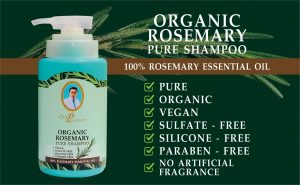
Article by Dr.Piyawat POOMSUWAN
What shampoo should I use?
Patients with or without hair disorders always ask many questions about how to keep their hair looking clean and beautiful.
What shampoo should I use? is the most common question from patients.
A shampoo not only provides the cleaning of the scalp skin and hair as its primary function, but in addition also serves to condition and beautify hair and acts as an adjunct in the management of various scalp disorders. Various ingredients are selected to be mixed into the shampoo to get the shampoo with the desired properties.
What qualities should a good shampoo have?
- Help reduce hair loss.
- Help reduce irritation.
- Can be used by people who dye their hair.
- Free from substances that may cause harm in long-term use.
- Can be used as often as desired.
How do we choose a shampoo to get the same properties as mentioned above?
These main properties are the recommended properties for choosing a shampoo.
- Organic shampoo
Choosing to use organic shampoo will reduce the risk of exposure to potentially harmful chemical contaminants. These chemicals may have a long-term effect on the hair, which may manifest in hair thinning, breakage, or baldness.
- Pure Shampoo
Pure shampoos are made with natural and organic ingredients. Unlike traditional shampoos, which often contain harsh chemicals like sulphates and parabens, Pure shampoos are formulated with plant-based ingredients that are gentle on your hair and scalp.
- Sulfate-free shampoo
Sulfates can be harsh on the scalp and may cause irritation and itchiness. Sulfate-free shampoos are usually much milder. If your hair has been recently colored, chemically treated, or you naturally have sensitive scalp, consider trying a sulfate-free shampoo to see if your hair health improves.
- Silicone-free shampoo
Because silicone can build up on the scalp and suffocate your hair follicles, causing inflammation and persistent flakes. Therefore, silicone-free formula can help improve overall scalp health. If you have a sensitive or itchy scalp, you might find that some of your problems subside after using a silicone-free shampoo.
- Paraben-free shampoo
Parabens are found in most hair and beauty products. They’re a powerful preservative. Recently, scientists have highlighted some fairly alarming links between parabens and a variety of hormone-related illnesses, leading to a sudden spike in the number of paraben free products.
- Vegan Shampoo
Vegan shampoos are formulated using natural ingredients and are not tested on animals. These shampoos contain a higher quantity of natural or organic ingredients which is good for your hair. Another benefit of using vegan hair products is that they are good for the environment as well.
- No artificial fragrance shampoo
Artificial fragrance or synthetic fragrance is a common cause of allergy. Therefore, choosing a shampoo that is free of artificial or synthetic fragrances will reduce the risk of allergies and scalp irritation.
If you are one of those people who have problems with hair and scalp and still cannot find a shampoo that you like. A shampoo with the properties mentioned above should solve your problem.

